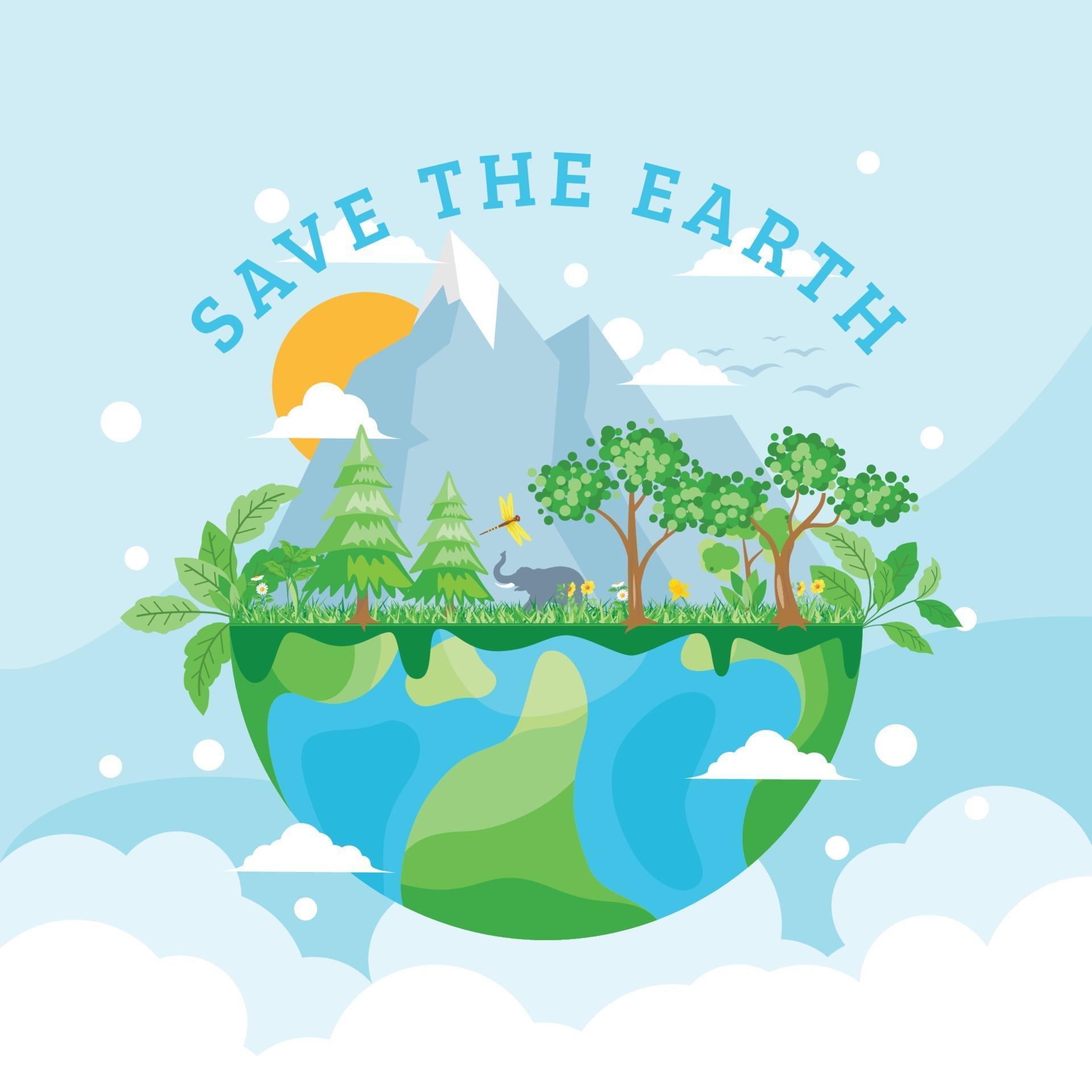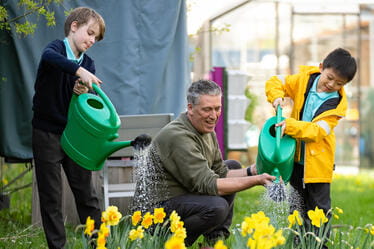One of the most efficient ways of lowering your environmental impact is by travelling responsibly. This means, whenever you can, choosing a more sustainable way to get from A to B - walk or cycle when you can. Transport is one of the most polluting sectors in the world. But holidaying closer to home can make a big impact on your carbon footprint. One short haul return flight can account for 10% of your yearly carbon emissions, and long-haul flights can completely determine your carbon impact. If you have the time you can usually get trains to European destinations to cut your carbon footprint. Get creative and try to find alternate ways to travel. If you do choose to go abroad and are looking to see the local wildlife, keep in mind how to go about it ethically. Attractions that involve you being able to pet, hold or feed animals for money are generally a no-go. Be wary of attractions involving any unnatural interactions with animals.
As a rule: observe animals from afar in their natural habitat and look to support local conservation projects. Food production is a major driver of wildlife extinction. What we eat contributes around a quarter of global greenhouse gas emissions and is responsible for almost 60% of global biodiversity loss. Farming animals for meat and dairy requires space and huge inputs of water and feed. Today, one of the biggest causes of forest loss is the expansion of agricultural land for animal feed production, such as soy. And producing meat creates vastly more carbon dioxide than plants such as vegetables, grains and legumes.
Moving away from a meat-dominated diet towards a more plant-based diet can lower your impact on the environment. Vegetarian and vegan foods are massively on the rise and becoming far more common in restaurants, cafes and supermarkets, so you’ll rarely struggle. Not only that, but cutting down on meat and dairy products can reduce your weekly food bills. We need to make wasting our resources unacceptable in all aspects of our life. Every product we buy has an environmental footprint and could end up in landfill. The impact of plastic pollution on our oceans is becoming increasingly clear, having drastic impacts on marine life. Recycling what we can reduces the amount of new materials we are making, and upcycling is a creative way to make old items into something more valuable. This could be reusing a jam jar as a candle holder, or using old tins as plant pots – the possibilities are endless! It’s not just the products we buy. It’s estimated that a third of all food produced in the world is lost or wasted. Do your bit by eating up leftovers and use any ingredients you have spare to make interesting meals. Try to waste as little food as possible, and compost the organic.
We can all do more to be more conscious about what we buy, and where we buy it from. Buying less will save you money, reduce waste and improve your environmental footprint. Living a less consumerist lifestyle can benefit you and our planet. Use your purchasing power and make sure your money is going towards positive change. By supporting eco-friendly products which are less damaging to the environment, you’re encouraging companies to source and produce their products in a sustainable way.
ANDREW BELL
Head of Year 9
Secondary STEAM coordinator







